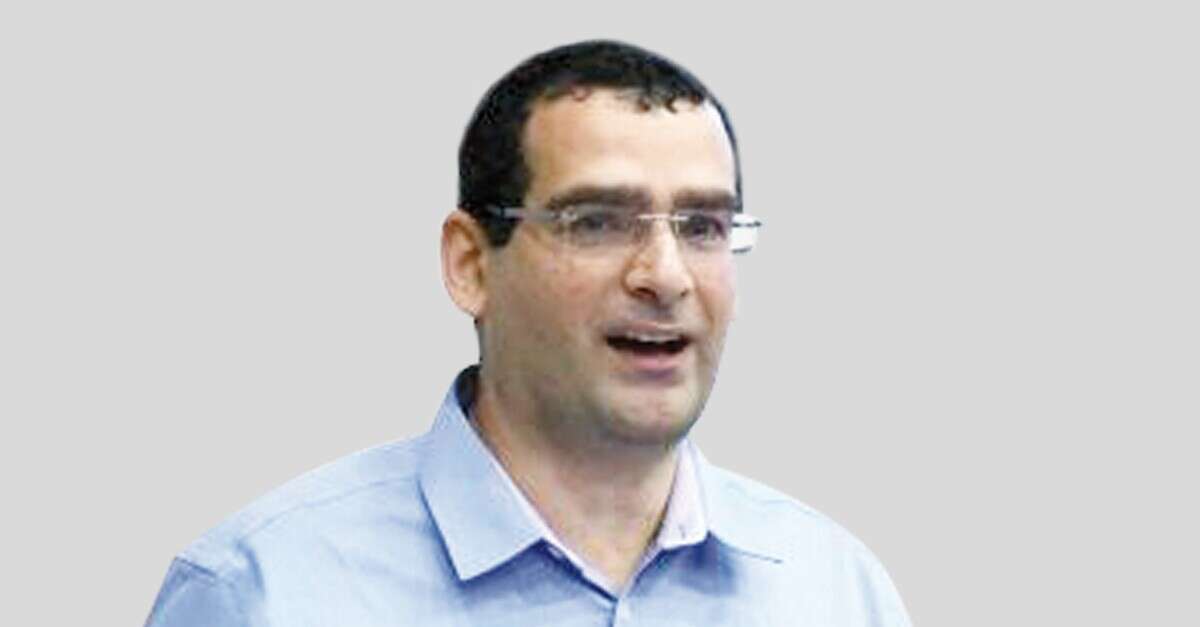What is the value of praying together during an epidemic and how much can it be limited compared to other activities, such as demonstration, trade or legal activity? This question has recently been challenged by the Supreme Courts in Israel and the United States, and their answer is inconvenient for those with important religious activity.
Over the weekend, the U.S. Supreme Court rejected a California church petition for restrictions on prayers set in the fight for Corona expansion. The state of California has imposed restrictions on the number of participants in religious prayers and ceremonies: up to 25 percent of the regular capacity of the chapel or up to 100 participants, less than the two. There were no such restrictions on gathering at workplaces, supermarkets, malls, shops, beauty salons, etc. The Church argued that this was discrimination on religious grounds and was therefore prohibited by the U.S. Constitution.
As mentioned, the Supreme Judges rejected the petition, but split along the well-known ideological lines. The four Liberal judges did not justify their decision. President Roberts joining them expressed his opinion that this was not discrimination as California imposed more severe restrictions on similar gatherings at universities and at shows. He added that in his opinion, business activity should not be compared to religious activity, and it would be better not to intervene, since the crisis is better managed by elected officials and not by a non-elected court.
The four conservative judges who were in the minority shared sharply. In their approach, there is no justification for distinguishing between the activities of prayer houses and the activities of businesses, and the preference of the latter. Restrictions on gatherings and pandemic activities are necessary, but should be imposed equitably on all businesses and institutions (secular and religious) without disrupting religious activity. Conservative judge Cabano asked: "Assuming the same precautions are taken, why can one walk along the shelves of the supermarket rather than the benches of the chapel? Why can one come in contact with the brave supermarket messenger but not with a restrained cleric?"
In April, the Israeli Supreme Court also faced a similar petition: an allegation of discrimination between the restrictions on religious freedom and the permits and restrictions granted for activities such as demonstrations or legal proceedings. The petitioners asked for a comparison of conditions, and asked them to pray together in the open area, keeping a proper distance and further reservations. The Court rejected the petition unanimously (Justices Vogelman, Mazuz, and Stein), referring to the state's reply, where it is explicitly stated that, at the present time, "there is an increased importance of allowing protest" and that "referral to the court is a fundamental element for the citizen, especially at the present time." .
This teaches you hear lo and lesser importance of prayer together, as opposed to a demonstration against the government or a petition. The state's claim that demonstrations are a targeted temporary event whose overall scope is negligible, compared to prayers that are held three times a day with a total attendance of hundreds of thousands of people, is of no interest. Legally, we protect rights because of their inherent principle and not only because of their consequences. The right to pray together is part of the freedom of association and freedom of assembly, as is the right to demonstrate. There is no reason to discriminate between these two activities, and their limitations should be the same.
Dr. Shuki Segev is Senior Lecturer in Law School, Netanya Academic College, Constitutional Law Specialist and Philosophy of Judgment
Demonstrate yes, and pray together no?
2020-06-02T21:53:27.757Z

Segev marketsWhat is the value of praying together during an epidemic and how much can it be limited compared to other activities, such as demonstration, trade or legal activity? This question has recently been challenged by the Supreme Courts in Israel and the United States, and their answer is inconvenient for those with important religious activity. Over the weekend, the U.S. Supreme Court rejected a Cal...
